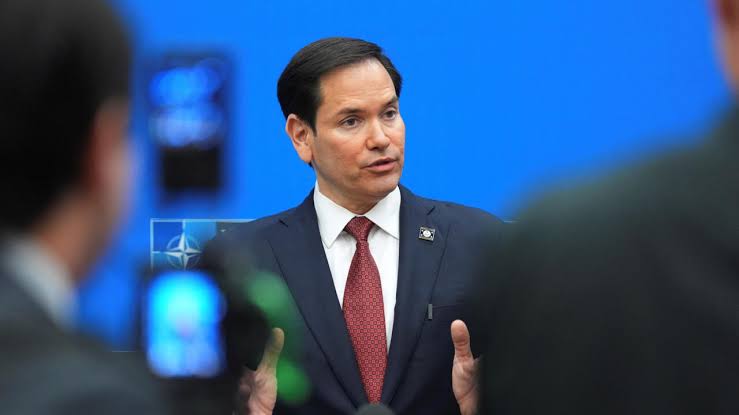NEWS
Breaking News: Senator Marco Rubio has led the charge to close a key U.S. government office tasked with countering Russian and Chinese misinformation campaigns….Read More 👇

The United States has closed its primary office for countering foreign disinformation, Secretary of State Marco Rubio announced on 16 April, citing free speech concerns and allegations of domestic censorship.
The office, originally launched as the Center for Strategic Counterterrorism Communications, was later restructured as the Global Engagement Center (GEC), before becoming the Counter Foreign Information Manipulation and Interference Hub (R/FIMI) in 2024.
In a statement posted on X, Rubio said the office “silenced and censored the voices of Americans” and cost taxpayers more than $50 million annually.
“I am announcing the closure of the State Department’s Counter Foreign Information Manipulation and Interference,” Rubio wrote. “It actively silenced and censored the voices of Americans they were supposed to be serving.”
The decision comes amid longstanding Republican criticism of the office. Elon Musk, now serving as an adviser to President Donald Trump and heading the Department of Government Efficiency (DOGE), previously labelled the GEC “the worst offender in U.S. government censorship.”
Defenders of the GEC rejected those claims. Former Special Envoy James Rubin, who led the office until its closure, said it was focused solely on foreign interference.
During Rubin’s tenure, the office investigated Russian influence campaigns in Latin America, Africa, and Moldova, including a major operation known as the “African Initiative,” which spread conspiracy theories about a U.S.-funded health programme.
Many, many thousands, if not more, of people might have believed [the disinformation] and not received life-saving medical care,” Rubin told Politico in 2024.
In June last year, the office helped launch the Ukraine Communications Group in Warsaw, a multinational project backed by over 20 governments, NATO, and the European External Action Service, aimed at countering Russian disinformation around the war in Ukraine.
The National Endowment for Democracy estimates that Russia spends roughly $1.5 billion per year on global influence operations. Czech Foreign Minister Jan Lipavský has said Moscow is responsible for 80% of disinformation efforts across Europe.
During the 2024 U.S. presidential election, U.S. intelligence agencies reported that the Kremlin utilised unsuspecting American citizens and Russian PR firms to amplify falsehoods, according to the Associated Press.












